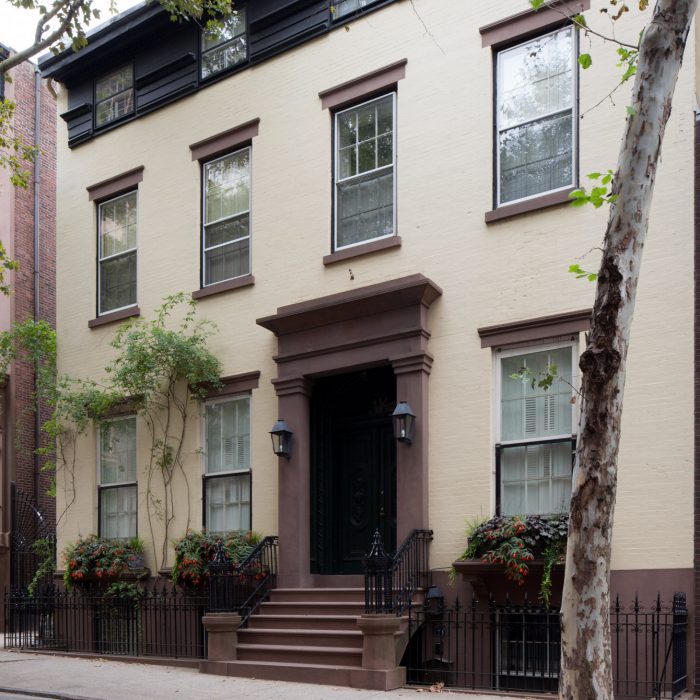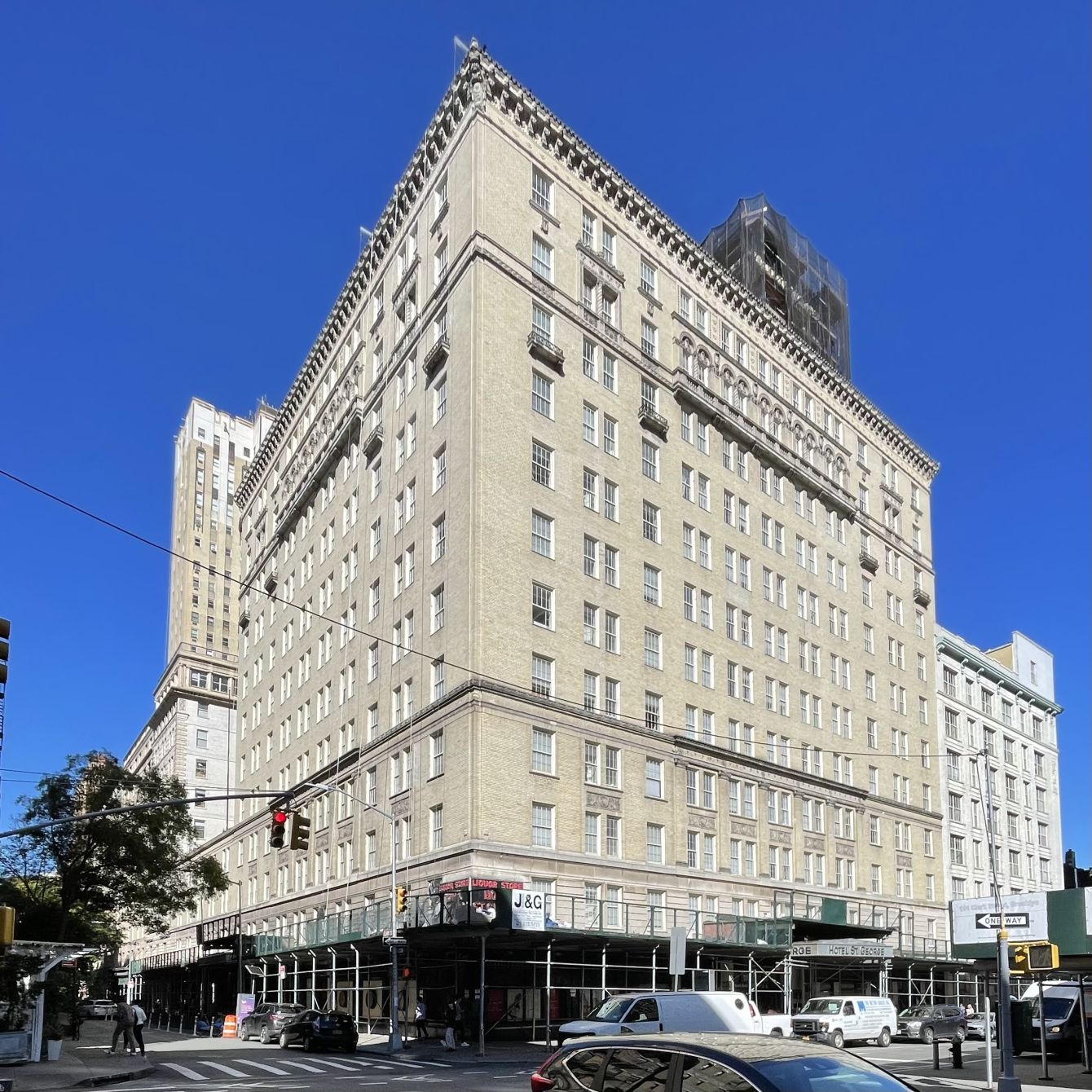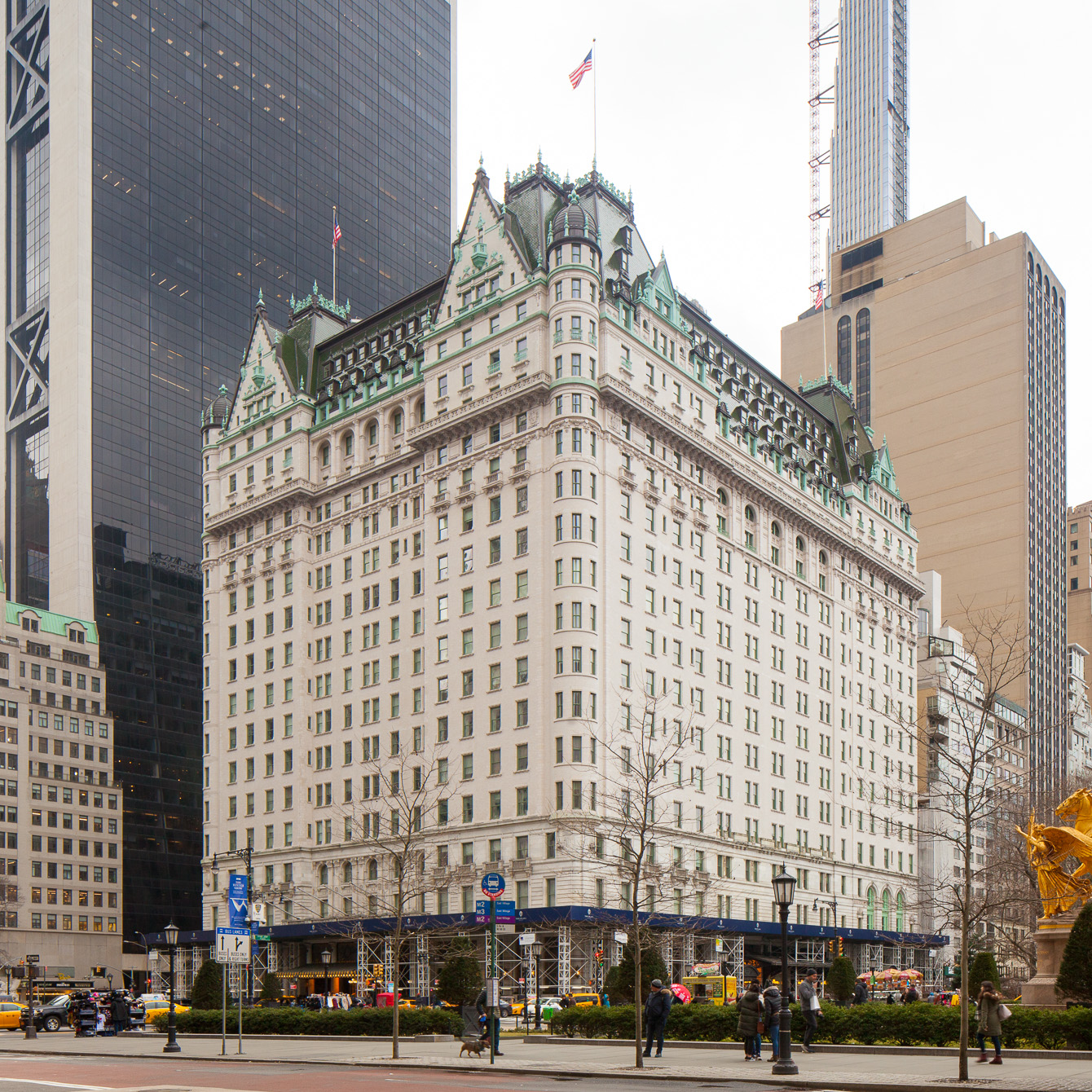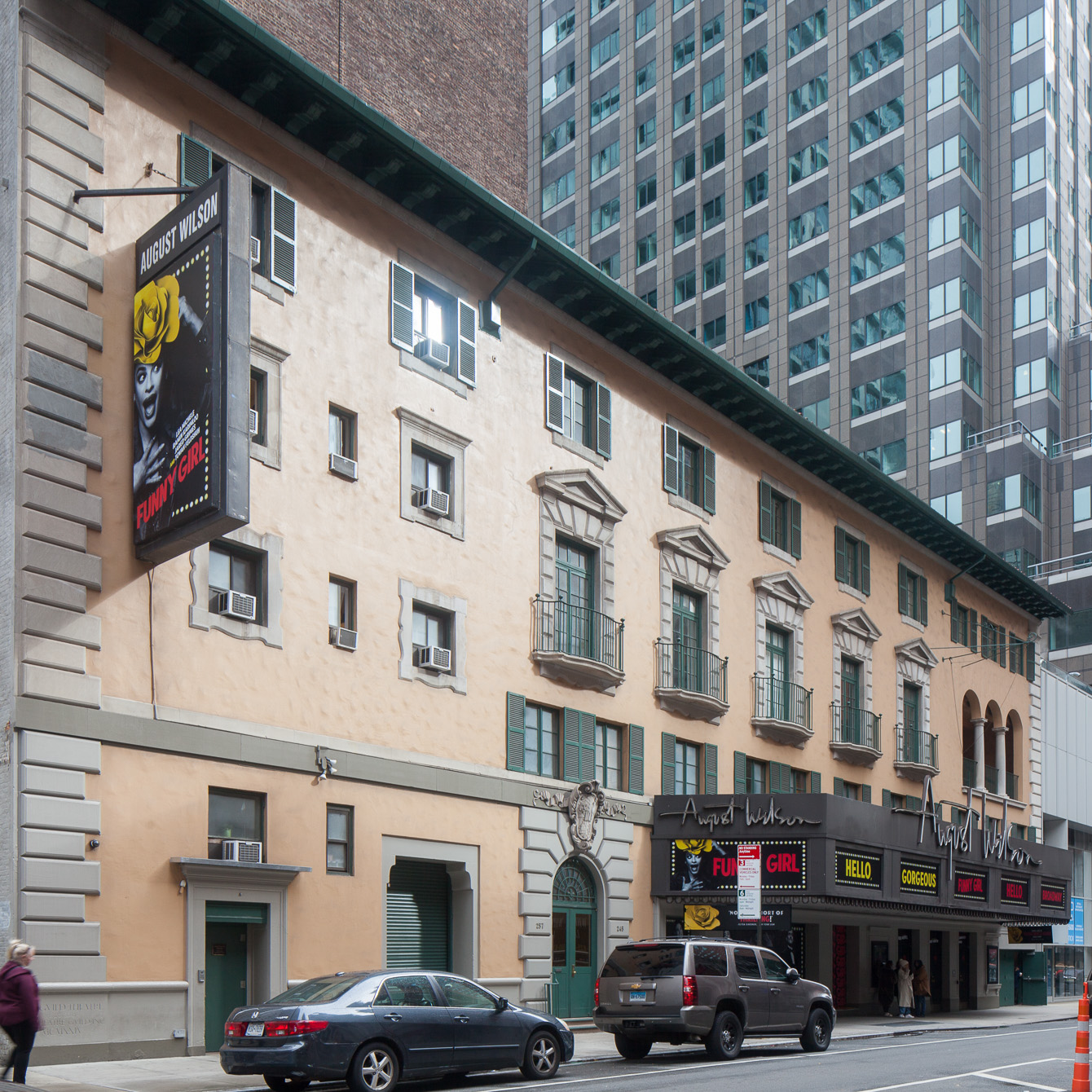Banned Books Week: Truman Capote and James Baldwin in NYC
September 27, 2024
The Project is delighted to partner with our friends at Penguin Random House and Vintage Books to elevate the work of two authors whose work has, at one time or another, been banned by the broader culture for the views and words: Truman Capote and James Baldwin. As you revisit their writings, take a moment to connect with their legacies via the extant sites across New York City that weave into their life stories.
READ BANNED BOOKS
learn more from Penguin Random house
Truman Capote Residence, 70 Willow Street, Brooklyn — From around 1955 to 1965, legendary theater designer Oliver Smith rented the garden apartment of his Brooklyn Heights home to Capote, who wrote his best-known works, Breakfast at Tiffany’s and In Cold Blood, during this time. (read more)

Hotel St. George, 111 Hicks St, Brooklyn — From the 1920s through the 1970s, this mammoth edifice was one of the best known centers of gay male life in Brooklyn. Famed for its luxurious public spaces and its blind-eye to discreet same-sex relationships, it became a favored cruising ground and residence for gay men, including Hart Crane, Tennessee Williams and Truman Capote. (read more)

New York Public Library, Main Branch, 476 5th Avenue, Manhattan — Patience and Fortitude, the famed lions that guard the steps of the library, sit sentinel to the collections of so many beloved authors, including Truman Capote, whose papers are in safe keeping here.
The Plaza, 768 5th Avenue, Manhattan — Both James Baldwin and Truman Capote were in attendance at the famed Black and White Ball, held in the Grand Ballroom in 1966 and widely regarded as one of the defining social events of the 1960s. The party feted the completion of Capote’s In Cold Blood. (read more)

August Wilson Theater (then known as ANTA Playhouse), 243-259 West 52nd Street, Manhattan — Opened in 1925 as the Guild Theater and renamed the ANTA Playhouse in 1950, this venue staged multiple productions involving major LGBT performers and creators, including James Baldwin’s Blues for Mr. Charlie (1964). (read more)
